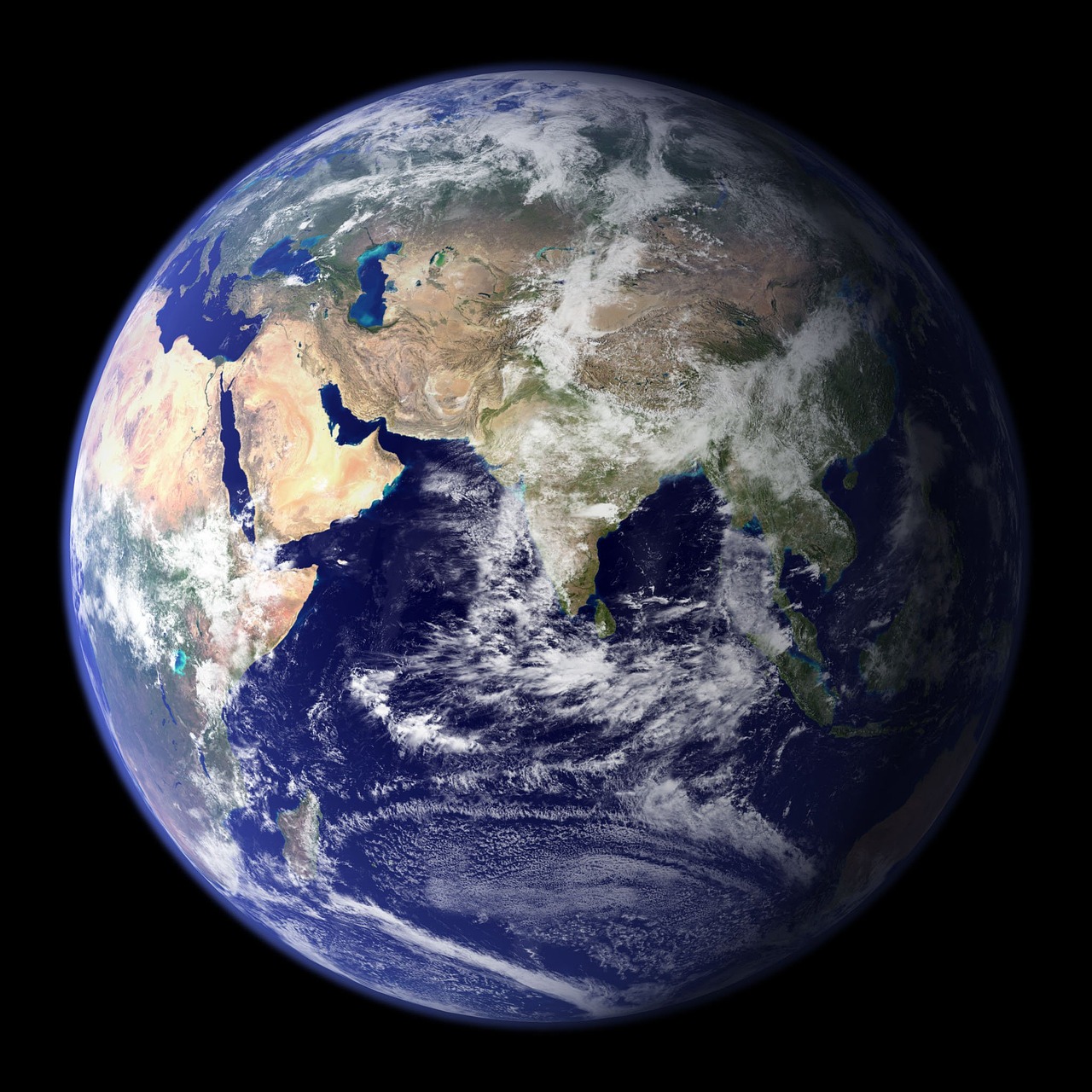
New Delhi: The Union Cabinet today approved the overarching scheme “PRITHvi VIgyan (PRITHVI)” of the Ministry of Earth Sciences for implementation during the period from 2021-26 at an overall cost of Rs. 4,797 crores.
The PRITHVI scheme encompasses five ongoing sub-schemes namely “Atmosphere & Climate Research-Modelling Observing Systems & Services (ACROSS)”, “Ocean Services, Modelling Application, Resources and Technology (O-SMART)”, “Polar Science and Cryosphere Research (PACER)”, “Seismology and Geosciences (SAGE)” and “Research, Education, Training and Outreach (REACHOUT)”.
The major objectives of the overarching Prithvi Scheme are:
- Augmentation and sustainance of long-term observations of the atmosphere, ocean, geosphere, cryosphere and solid earth to record the vital signs of the Earth System and change
- Development of modelling systems for understanding and predicting weather, ocean and climate hazards and understanding the science of climate change
- Exploration polar and high seas regions of the Earth towards discovery of new phenomena and resources;
- Development of technology for exploration and sustainable harnessing of oceanic resources for societal applications
- Translation of knowledge and insights from Earth systems science into services for societal, environmental and economic benefit.
Earth System Sciences deal with all the five components of the earth system: atmosphere, hydrosphere, geosphere, cryosphere, and biosphere and their complex interactions. The Ministry of Earth Sciences (MoES) holistically addresses all the aspects relating to the Earth System Science.
The overarching scheme of PRITHVI will holistically address all five components of earth system to improve the understating of the Earth System Sciences and to provide reliable services for the country. Various components of the PRITHVI scheme are interdependent and are carried out in an integrated manner through combined efforts of the concerned Institutes under MoES. The overarching scheme of Prithvi Vigyan will enable the development of integrated multi-disciplinary earth science research and innovative programs across different MoES institutes. These integrated R&D efforts will help in addressing the grand challenges of weather and climate, ocean, cryosphere, seismological science and services and explore the living and non-living resources for their sustainable harnessing.
– global bihari bureau





